Introduction
Joint venture equity investments are a smart way to partner with others on real estate deals,
especially when bringing in different strengths, whether that be capital, land, or experience.
Instead of one party carrying all the weight, two or more people come together to share both the
work and the rewards. This approach works well in commercial real estate because bigger deals
usually require more than just one investor. But before jumping into a partnership, investors
need to slow down and take a close look at the details.
Skipping proper checks or rushing through the planning phase can lead to problems later. Joint
ventures come with shared responsibilities, and that makes it even more important to be clear
on the goals, risks, and setup from the start. Due diligence is how investors protect themselves
before locking in a deal. For those working in Dallas, this process also means understanding the
local real estate market, what rules might apply to development or leasing, and who they're
going into business with. This isn't a one-size-fits-all setup. Every deal is unique, and every
partner brings different pieces to the table.
What Is A Joint Venture Equity Investment?
At its core, a joint venture equity investment brings together two or more parties to work on a
single project, usually in commercial real estate. Unlike traditional financing, where one lender
provides debt and the borrower pays interest, this includes equity partners who share in the
profits and losses. One side might own land or have development rights, while the other might
bring the capital needed to move the deal forward. Sometimes one party handles permits,
contractors, and day-to-day work. Other times, they divide up the responsibilities depending on
their strengths.
Each partner has their role. A capital partner brings in money for project costs. An operating
partner usually manages the project, makes decisions, and deals with vendors and tenants. By
working together, they reduce their personal risk and take on more than they could handle
alone. That makes it easier to get into larger deals that might have been out of reach otherwise.
There are a few reasons investors choose this model:
1. Flexibility in how roles and profits are divided
2. Shared risk on large investments
3. Ability to enter new property types or markets
4. Greater resources compared to going solo
For example, an investor in Dallas may own land in a promising part of Oak Lawn but doesn't
have the cash to develop it. They may team up with a fund or developer that brings in the equity
and experience to structure, build, and lease it out. Both sides win when it’s planned right. But
the strength of that deal depends heavily on the decisions made ahead of signing any
agreement.
Preliminary Research
Before agreeing to anything, the prep work matters. That starts with getting to know the Dallas
market. Not just in general, but zip code by zip code. What’s true in Deep Ellum may not be true
in Lake Highlands, and the outlook for commercial space will shift depending on nearby
developments, public infrastructure, and even school zoning. Just because a property looks
good doesn't mean the numbers will work out down the road.
On top of researching the area, investors also need to size up potential partners carefully. A
joint venture is more than just paperwork. It's a relationship. If one partner lacks experience or is
hard to reach when issues come up, that doesn't bode well for the project’s future.
Here’s what early research should include:
1. Market trends in the target neighborhood
2. History of the property or location involved
3. Interviews or calls with potential partners
4. Track records of everyone involved
5. Other projects your potential partner has been part of
This step often reveals gaps that need to be addressed before moving forward. Maybe a partner
is great with numbers but struggles with timelines. Or maybe the area looks promising now, but
zoning changes being discussed by city council could impact plans down the line. These are the
things you want to catch early, not months into construction. Working this step thoroughly saves
a lot of headaches later.
Financial Assessment
Once you've cleared the first few rounds of research, it's time to dig deeper into the financials.
This step isn’t just about checking if a partner has money. It’s about understanding how they
manage that money and whether their financial habits line up with your goals. Before entering
any joint venture equity deal in Dallas, both sides should feel confident about the numbers and
the structure.
Start by asking for financial statements, including balance sheets and profit-and-loss reports
from each party. These documents give a view into how a business handles its resources. Next,
go over their investment criteria. Do they focus on long-term gains or short-term flips? Do they
tend to reinvest profits or distribute them? These small details can create big disagreements if
you skip talking about them now.
You’ll also want to work on a pro forma. This spreadsheet lays out projected income and
expenses over the life of the project. From estimated rent income to operating costs and resale
target values, the pro forma shows what the payoff might look like and how those profits are
expected to be split. A partner might say the property will double in value, but if those numbers
aren’t backed by solid projections, you’re guessing instead of planning.
If a partner hesitates to share financials or your business styles don’t match, that’s a red flag.
It’s better to pause than to move forward with someone who turns out to be unreliable once
money is on the line.
Legal And Compliance Check
Legal reviews may feel like the dull part of deal-making, but skipping them invites real risks.
Even the best ideas can run into trouble if the paperwork is sloppy or blind to local rules. Dallas
has its own set of city ordinances, property use codes, and regulations that need attention
before construction ever begins.
Start by reviewing any existing agreements related to the land, past deals, or development plan.
Look at partnership documents, proposed operating agreements, and any prior liens or
restrictions that could cause problems. If you're stepping into a shared mortgage or land title,
you must know the terms fully before putting your name next to anyone else’s.
Then, turn your attention toward local rules. Zoning laws in Dallas can vary a lot from one
neighborhood to the next. One area might allow new mixed-use buildings, while another
prohibits them entirely. Supporting documents like variance approvals or tax abatements should
go with your files, not be discovered later when an inspector shows up.
Any solid joint venture deal rests on a mutual understanding of what’s legally expected and
what’s allowed. That means reading the fine print, not skimming it. Get a legal expert involved
early to make sure everything lines up with your plans and Dallas requirements. Verbal
promises won’t cut it when there's a dispute down the road.
Site Visits And Property Inspections
Numbers and contracts are one part of the puzzle. Even the best-looking pro forma won’t show
you a leaking roof or sinking foundation. Seeing the site in person makes a difference. It’s much
easier to spot early issues when your boots are on the ground rather than flipping through
photos or checking drone footage.
Start with a basic checklist. How strong is the structure? What’s the condition of the exterior?
Are there code violations or signs of water damage? These need to be caught early, ideally
before signing. Bring in licensed property inspectors to conduct a full review. Roof, plumbing,
HVAC—every system should be inspected with a clear report delivered soon after. Skipping this
step can lead to huge surprise costs later, and that can strain or even end the joint venture
entirely.
Environmental checks are also important in some parts of Dallas, especially if the property is
near old industrial zones or areas known for past contamination. Any history of spills, tank
storage, or illegal dumping needs to be cleared up before signing anything. These issues rarely
resolve easily or cheaply once you've taken ownership.
Even if a location looks promising on paper, physical inspections offer proof. They lay out the
strengths and risks from the start, keeping everyone honest and informed.
Building A Strong Partnership Agreement
When all checks are done and you're ready to move forward, one thing ties it all together—the
partnership agreement. This document lays out who does what, how money flows, and what to
do when plans change. A handshake may feel friendly, but a written agreement keeps people
clear and accountable.
Here’s what a solid joint venture agreement should include:
1. Roles and responsibilities of each partner
2. Capital contributions, including amounts and timelines
3. Profit and loss sharing details
4. How decisions will be made
5. What happens if one partner wants out
6. Dispute resolution steps
The stronger this part of the deal is, the more trouble it can help you avoid. On top of the basic
structure, you’ll want to include timelines, reporting details, and how project changes will be
approved. That can mean anything from increased budgets to new tenant selections.
Clear communication now can prevent disagreements later. It helps to walk through a few what-
if situations together, like construction delays or unexpected costs, and agree on how to handle
them. Once written terms are locked in, there's a roadmap to follow even when things get tough.
Making Well-Informed Joint Venture Decisions
Joint venture equity investments come with opportunity, but they only work when all sides are
prepared and protected. When each step of due diligence is done carefully, from early market
research to final signatures, the project has a far greater chance at success. Skipping steps to
move fast may feel efficient, but it carries bigger risks down the line.
Especially in Dallas, where local market trends and zoning rules can shift block by block,
investors need to take their time and get it right. Every meeting, spreadsheet, and site visit adds
to the full picture of what the project might become. With a strong foundation and the right
partner, a well-structured joint venture opens the door to projects neither party could have done
alone.
With the right approach and thorough preparation, investing through joint venture equity in
Dallas can turn promising real estate opportunities into success stories. If you're ready to move
forward and want a knowledgeable partner to help guide the process, Grander Capital offers
customized capital solutions and clear guidance every step of the way—starting with our insight
into joint venture equity.

